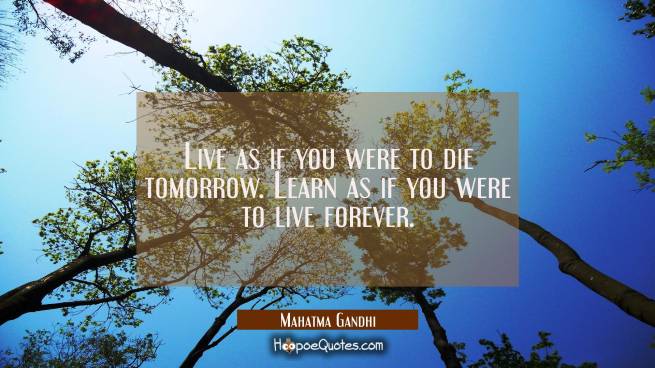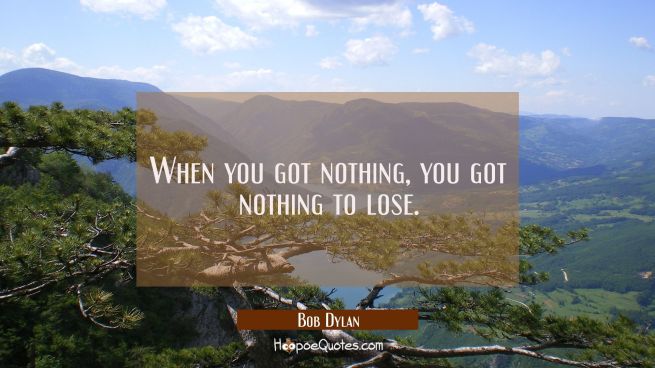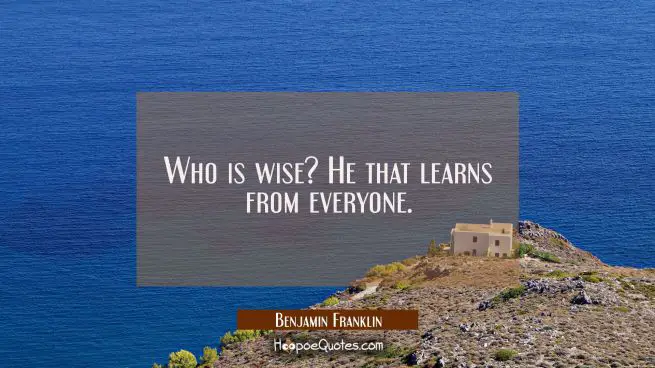Disclosure: This post may contain affiliate links, meaning we get a commission if you decide to make a purchase through our links, at no cost to you.
Alright, buckle up, folks. We're diving into the mind of one of the most badass pacifists of all time: Mahatma Gandhi. This guy didn't need a gun or an army to change the world; he used nonviolence. Yep, you heard that right. "Nonviolence is a weapon of the strong." Gandhi dropped this bombshell of wisdom, and it’s more relevant now than ever. Today, we're unpacking this quote, exploring its meaning, and figuring out how to wield this mighty weapon in our own lives.

Understanding the Quote
First off, let's break down what Gandhi's getting at here. Nonviolence isn't about being a pushover. It's about having the guts to stand your ground without resorting to fists or firearms. It's the ultimate power move. Think of it as a silent, unyielding strength that speaks louder than any act of aggression. Gandhi believed that true strength lies in the ability to control one's actions and reactions, even in the face of adversity. It's about being a badass in the most serene way possible.
Context: Gandhi's Life and Times
Gandhi wasn't just preaching from a comfy chair. He lived it. Born in 1869, this dude went from being a lawyer in South Africa to leading India’s independence movement. His weapon of choice? Nonviolence. He took on the British Empire without firing a single shot, proving that sometimes, the pen (or peaceful protest) is mightier than the sword. Gandhi's life was a testament to his belief in nonviolence, showing that one man’s resolve could indeed bring an empire to its knees.

Historical, Philosophical, and Societal Context
Now, let’s take a stroll down history lane. Nonviolence isn't just Gandhi’s gig. It’s been around for ages. Philosophers like Laozi and Tolstoy also sang its praises. In a world where power is often equated with brute force, these thinkers turned the tables, suggesting that real power lies in restraint and compassion. Psychologically, nonviolence taps into our higher selves, encouraging empathy over anger. Sociologically, it’s a game-changer, challenging societal norms that glorify violence and domination. Just look at the Civil Rights Movement in the U.S. MLK took a page out of Gandhi's book, proving once again that nonviolence could spark massive social change.

Contemporary Relevance
Fast forward to today, and Gandhi’s words are still echoing through our chaos-ridden world. Whether it’s protests, social justice movements, or personal conflicts, nonviolence is a strategy that can turn the tide. Think about it. In an era where outrage and aggression seem to rule, choosing nonviolence is like dropping a mic. It’s powerful, unexpected, and leaves a lasting impact. We see this in movements like Black Lives Matter and climate activism, where peaceful protests are driving significant change.
Personal Reflection
Alright, here’s where it gets personal. How do we, ordinary folks, channel this weapon of the strong? It starts with mindset. Next time someone cuts you off in traffic or your boss is breathing down your neck, take a breath. Channel your inner Gandhi. It’s not about being passive; it’s about choosing how you respond. It’s about standing your ground with dignity and calm, showing that true strength doesn’t need to shout or shove. By practicing nonviolence in our daily lives, we’re not just bettering ourselves—we’re setting an example for others to follow.

So, there you have it. Gandhi’s nugget of wisdom isn't just a historical relic; it’s a guide for navigating today’s tumultuous world. Nonviolence is more than a philosophy—it’s a lifestyle, a powerful weapon for those brave enough to wield it. Remember, true strength isn’t in your fists or your fury. It’s in your ability to remain composed, compassionate, and unyielding in the face of adversity. So, go out there and show the world what real power looks like. Be strong. Be nonviolent. Be the change.
References and Further Reading
- Gandhi, M. K. (1940). An Autobiography: The Story of My Experiments with Truth.
- King, M. L. Jr. (1964). Why We Can’t Wait.
- Tolstoy, L. (1894). The Kingdom of God Is Within You.
- Thoreau, H. D. (1849). Civil Disobedience.
Similar Quotes
- "An eye for an eye only ends up making the whole world blind." - Mahatma Gandhi
- "Darkness cannot drive out darkness; only light can do that. Hate cannot drive out hate; only love can do that." - Martin Luther King Jr.
- "Be the change that you wish to see in the world." - Mahatma Gandhi
Thought Exercise
Next time you're faced with conflict, ask yourself: How can I respond with strength and nonviolence? Reflect on the impact of your actions and strive to choose peace.












![[50+ Images] Birthday Wishes for Someone Special in Your Life Quotes](/media/k2/items/cache/b1dbe5e313fb0e0a26b2b36062a36d3a_M.jpg)

